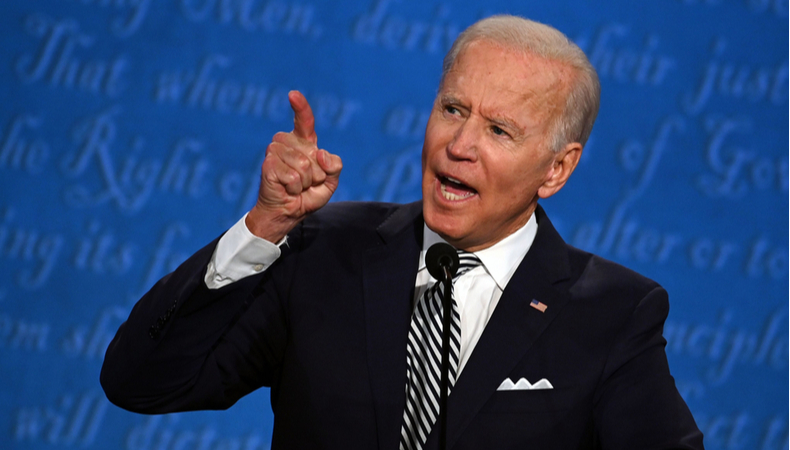Biden to announce the US withdrawal from Afghanistan by 11 September

By 11 September, twenty years after the Al Qaeda attack, the United States will leave Afghanistan. Joe Biden will announce tomorrow the final withdrawal of the last US troops from what is now “the longest war”: it has already lasted longer than the Second World War, the Korean War, and Vietnam combined. In these twenty years, two thousand American soldiers and at least one hundred thousand Afghan civilians have lost their lives on that front.
Biden only partially fulfils a commitment that was made by the Trump administration. The total withdrawal had to take place by May 1st. By making it coincide – as a deadline – with the September 11 deadline, Biden catches the attention of American public opinion but must hope for a positive reaction from the Taliban.
In the triangular negotiations on the cessation of the conflict, which saw the US negotiate together with the regular government of Kabul and historical enemies, the Taliban had made the withdrawal by May 1st as a condition for not resuming hostilities. Erdogan, with Biden’s approval, will host in Turkey – from 24 April to 4 May – the next round of peace negotiations and the search for a political structure that includes the Taliban and the government of Kabul.
Read more : Biden Budget Sideline Defense Enrages Liberals
Biden’s announcement was prepared in consultations with allies. The remaining troops are mostly non-American. The United States still has 3,500 soldiers on the ground, the other NATO forces are almost double. For Biden, the official announcement represents a kind of revenge on the Pentagon. When he was Barack Obama’s deputy, he was strenuously opposed to the “surge” strategy – that is, the increase of forces on the ground – desired by the generals.
He had lost that battle. But in the end, the balance is what he feared: the American military commitment dragged on for other years, without thereby decisively changing the relations of local forces. Regular government is always weak. The Taliban are always able to regain decisive influence.
In the meantime, the strategic vision of the United States, including the Pentagon, has changed. Most foreign and military policymakers in Washington recognize that the concentration of resources in the Middle East was either a mistake or took too long. The challenge of the present and the future is called China.
The bulk of America’s military energies must be directed towards the Indo-Pacific quadrant. Afghanistan is only marginally interesting, insofar as it can slide towards the Russian-Chinese orbit or towards that of India, which Biden wants to bind more and more. But on a typical White House, Pentagon, and State Department workday like yesterday, the incursion of 25 Chinese jets into the skies of Taiwan has aroused more concern than the possibility of a resumption of attacks from part of the Taliban.
Afghanistan represents the past, the future risk of the conflagration of a global conflict is concentrated in the South China Sea. It is no coincidence that another dossier to which American diplomacy paid attention yesterday was that of Fukushima: Washington wanted to quash the Chinese accusations against Japan on the plan to dispose of the water used to cool the nuclear reactor hit by the tsunami ten years ago.
In Afghanistan now the task of the Americans is to convince the Taliban to accept a few months of postponement; snatch additional guarantees on the country’s future peaceful order, and ensure an orderly withdrawal of all NATO forces, avoiding last-minute tragedies.




